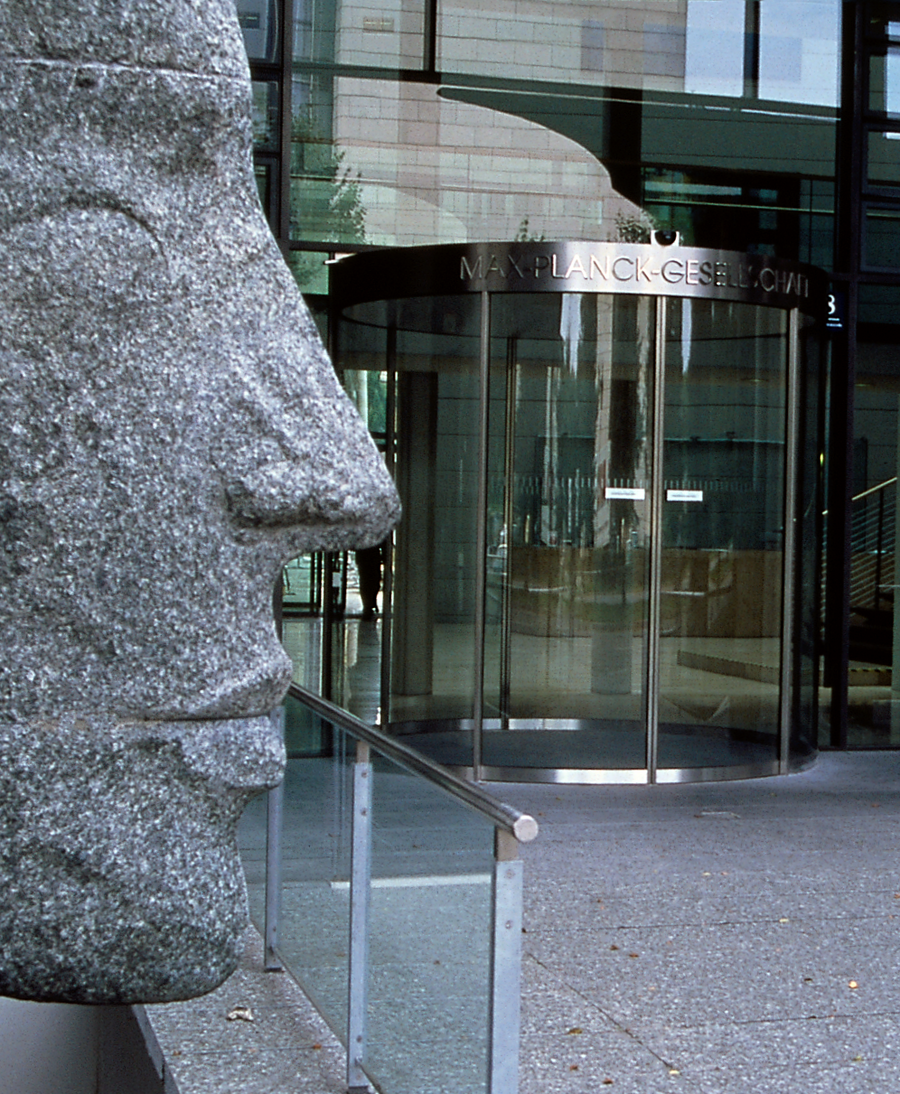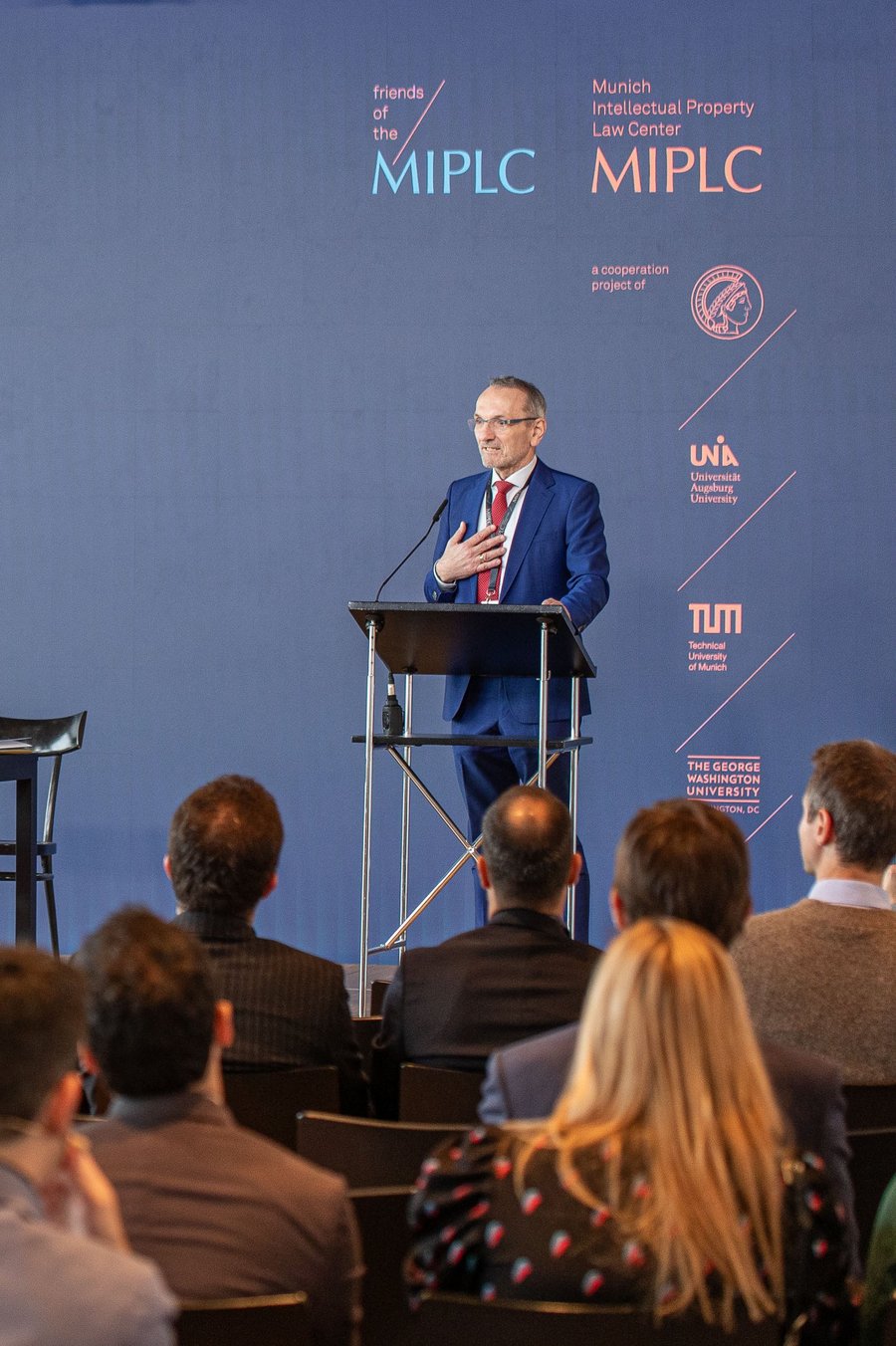| 213-0 |
AI and Patent Law
|
Kim
|
2.00 |
| |
This course offers a comprehensive exploration of the dynamic relationship between Artificial Intelligence (AI) and Patent
Law. It delves into various crucial aspects, including AI's evolving role in patent examination, the intricate legal and ethical questions
surrounding AI as an inventor, the practical use of AI in patent searches and drafting, ethical considerations, legal challenges, and an examination of the potential transformative influence of AI on patent law and the broader intellectual
property landscape. |
| 220-0 |
Patent Licensing
|
Ann
Goddar
|
2.00 |
| |
This course covers the following topics: (i) patent licensing in the business context; (ii) patent Licenses v. know-how
"licenses"; (iii) license agreement – basic content; (iv) pitfalls in licensing projects; (v) antitrust issues (TTBER). A simulation on
licensing negotiations is part of this course. |
| 264-0 |
Patent Law and Public Health
|
Grosse Ruse-Khan
Bagley
|
2.00 |
| |
This course offers a comprehensive examination of the intersection between Patents and Public Health, encompassing a range of vital topics. It begins with an introduction to Patents and Public Health and proceeds to explore the implications of patent systems. Additionally, it delves into issues related to access to medicines and patent barriers, examining regulatory frameworks in the pharmaceutical industry. International agreements and their impact on public health are also considered, alongside discussions on innovation, research, and patents. Through case studies, the course provides insights into patent disputes, and it concludes by addressing the ethical dimensions inherent in the intersection of patents and public health. |
| 313-0 |
AI and Copyright Law
|
Ramalho
|
2.00 |
| |
This course delves into the impact of AI on copyright systems. It navigates the challenges of harmonizing AI-related copyright laws across diverse national frameworks, interprets European copyright directives in the AI context, evaluates national implementations, compares global AI copyright solutions, and anticipates challenges posed by contemporary AI technologies to copyright law, such as AI-generated content and automated content filtering. |
| 410-0 |
Law of Geographical Indications
|
Gangjee
|
2.00 |
| |
This course offers a comprehensive examination of Geographical Indications (GIs), covering a range of vital topics. It begins by considering the principal international treaties in this area and then delves into the various national legal regimes used for GI protection, with a detailed exploration of the history of French wine appellation protection. The course also addresses current controversies surrounding GIs and examines the future prospects for resolving these disputes. Its objectives encompass describing the existing legal frameworks governing the use of regional names and when others can be prevented from using them, exploring the historical evolution of these laws, and engaging in debates regarding proposed solutions to contentious issues in international GI protection. |
| 710-0 |
International IP Law
|
Grosse Ruse-Khan
|
2.00 |
| |
This course encompasses several key aspects of international intellectual property (IP) rules and regulations. It begins by exploring the historical context, rationale, and traditional institutional framework of international IP rules. It then delves into the incorporation of IP into the World Trade Organization (WTO), covering treaty interpretation, dispute settlement, and compliance within WTO law. The course also addresses the fundamental international principles and substantive rules governing the protection of patents, trademarks, and copyright, along with the enforcement of IP rights. Additionally, it considers emerging issues such as the inclusion of IP provisions in Free Trade and Investment Agreements, the WIPO Development Agenda, and the protection of Traditional Knowledge. |
| 711-0 |
Trade Secrets Law
|
Ann
|
2.00 |
| |
Numerous and diverse as they are, trade secrets share one common feature – they all cover information which is
actively kept from becoming generally accessible. The course will clarify the nature of trade secret rights as compared to intellectual
property rights and will provide a comparative analysis of trade secret protection in both continental and common law systems. The course
will address statutory as well as a (pre-)contractual trade secret protection, including but not limited to employer-employee or
licensor-licensee relationship. In addition, the role of trade secrets in R&D co-operations and the impact which trade secrets may have on
technology transfer will be discussed. (Examination) |
| 760-0 |
Bioscience Law and Policy
|
Bagley
|
2.00 |
| |
This course commences with an introduction to Bioscience Law and Policy and then establishes the legal foundations within this domain. Ethical considerations are examined in the context of Bioscience Policy, followed by an exploration of international agreements pertaining to Bioscience. The course also delves into Intellectual Property in Bioscience, Biotechnology, and Genetic Engineering Regulations, as well as emerging Bioscience Technologies. Additionally, the course explores the intricacies of policy development and advocacy in this field, equipping participants with a well-rounded understanding of Bioscience Law and Policy. |
| 762-0 |
Ecological Sustainability and IP Law
|
Grosse Ruse-Khan
|
2.00 |
| |
This course addresses several critical aspects of intellectual property (IP) protection, primarily focusing on its relationship with environmental protection and sustainable development. It explores the utilitarian conception of IP as an incentive for innovative technology development and its link to environmental protection. Additionally, the course addresses the protection of biological diversity, food security, genetic resources, and traditional knowledge in the context of international IP protection, particularly patents and plant variety rights. It also examines the role of innovation, intellectual property, and protected technologies in addressing global challenges such as the climate crisis. The course's objectives include introducing students to research topic selection, research paper preparation, and presentation skills, aligning with LL.M. thesis standards. It aims to broaden students' perspectives on the intersection of IP protection, sustainable development, and environmental preservation, encompassing climate change and biodiversity. Moreover, the course fosters problem-oriented thinking and analysis, enabling students to navigate complex legal scenarios at the domestic, regional, and international levels. |
| 812-0 |
Economic Foundations of IP
|
Duffy
|
2.00 |
| |
Intellectual property has long generated a pitched debate among economists concerning both whether it is economically sensible for society to recognize any intellectual property rights and, assuming such rights should be recognized, what the optimal scope of such rights should be. This course gives an introduction to that long-running debate and to its legal implications for the structure of intellectual property rights. |
| 952-0 |
Internet Law
|
Trimble
|
2.00 |
| |
This course explores complex issues in the virtual environment, including challenges related to geography and sovereignty. It also examines the case of domain names and the crucial role of online intermediaries. Intermediary liability for copyright infringement is a key focus, as well as the profound impact of technology on legal rules. The course aims to clarify the distinct challenges posed by the virtual environment and stimulate discussions on the rationale behind specific cases in this context. |








